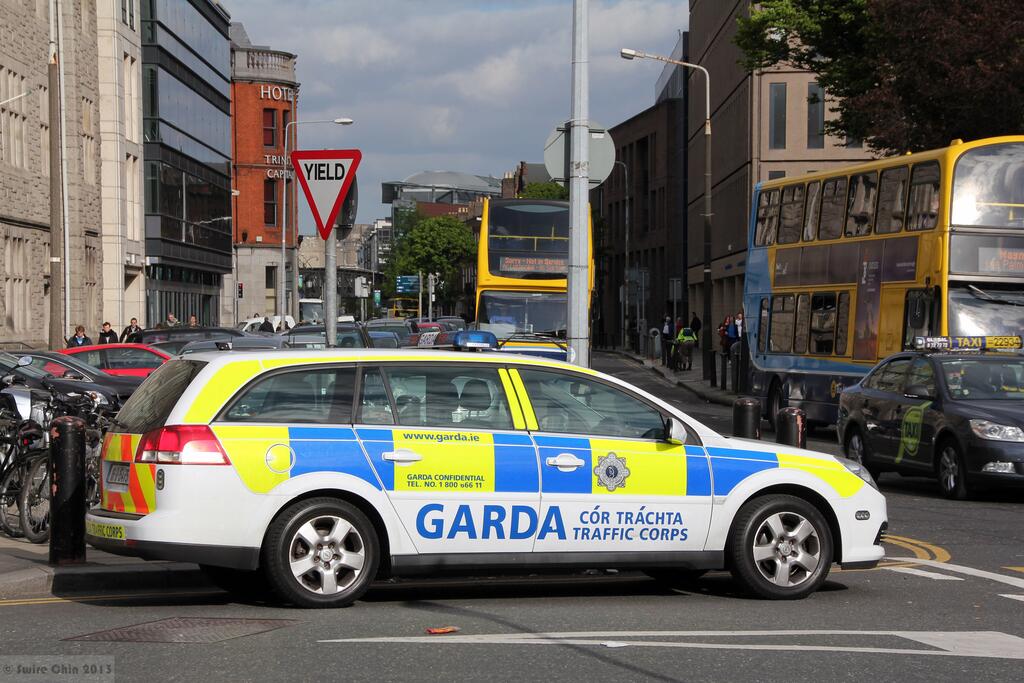Dublin Rape Crisis Centre response to CSO figures on reported crime and suspected offenders
15 May 2020

Dublin Rape Crisis Centre welcomes information released today by the Central Statistics Office on recorded crime victims and suspected offenders, saying it reflects the Centre’s data on the people its supports.
The CSO figures show that 81% of victims of reported sexual violence incidents in 2019 were women. These figures are consistent with the Centre’s own annual statistics, where 80% of contacts to the National 24-Hour Rape Crisis Centre Helpline run by the Centre are from women.
The publication (under reservation) of the gender of suspected offenders – that is, those investigated and issued with a caution, summons or charge – is also useful new information from the CSO. It shows that 98% of suspected offenders are male.
The Centre’s Ceo Noeline Blackwell said: “The CSO figures show a clear trend – that more offences happened within a year of reporting, and that about a quarter of all reports related to abuse which took place 10 or more years ago. This trend is in line with what we see in Dublin Rape Crisis Centre. While serious barriers remain to reporting – people blaming themselves when they shouldn’t, or not wanting to report people they know, sometimes intimately – our own experience is that there is an increasing trend towards reporting recent abuse. While this is very welcome, we are still hugely under-resourced to deal with it.”
Ms Blackwell highlighted that only 10 of the country’s 28 Garda divisions have specialist units dealing with crimes of intimate violence. “There was a commitment that every division would have one by late 2019 or early 2020. It’s essential that this happens. The specialist services have led to a much better, more efficient, and less traumatic experience for victims.
“It is also in the wider society interest that when crimes happen, they are properly investigated and prosecuted, particularly in an area of crime which is vastly under-reported in comparison to other crime.”
/ENDS
Notes for editors:
- Link to CSO release 15 May 2020 https://www.cso.ie/en/csolatestnews/presspages/2020/recordedcrimevictims2019andsuspectedoffenders2018/
- Dublin Rape Crisis Centre is a non-governmental, voluntary organisation which has as its mission to prevent the harm and heal the trauma of rape. It offers a suite of services to victims/survivors of sexual violence.
- DRCC continues to operate the National 24-hour Helpline 1800 778888 for those who need support in any part of the country with no reduction in service.
- DRCC offers counselling & therapy to clients and provides accompaniment to the Rotunda Sexual Assault Treatment Unit, to court or to Garda stations to people in Dublin and in surrounding areas by arrangement.
- Outreach offices at Coolock Civic Centre, Dóchas Women’s Centre, Mountjoy Prison and Tallaght Hospital are usually open at select times, but physical premises are closed during the COVID19 crisis and clients are being supported remotely..
- We ask that when reporting on this topic, journalists remember that discussions on sexual violence can trigger personal trauma in those receiving the information. Where possible, please make reference to the National 24-hour Helpline 1800 77 88 88 for anyone who may be affected by the discussion.
- Dublin Rape Crisis Centre is one of the frontline services engaged with the Department of Justice & Equality on its #StillHere campaign. The www.stillhere.ie website contains information on supports and services for people affected by domestic violence including sexual violence, as well as digital & online safety and courts and legal aid and advice.